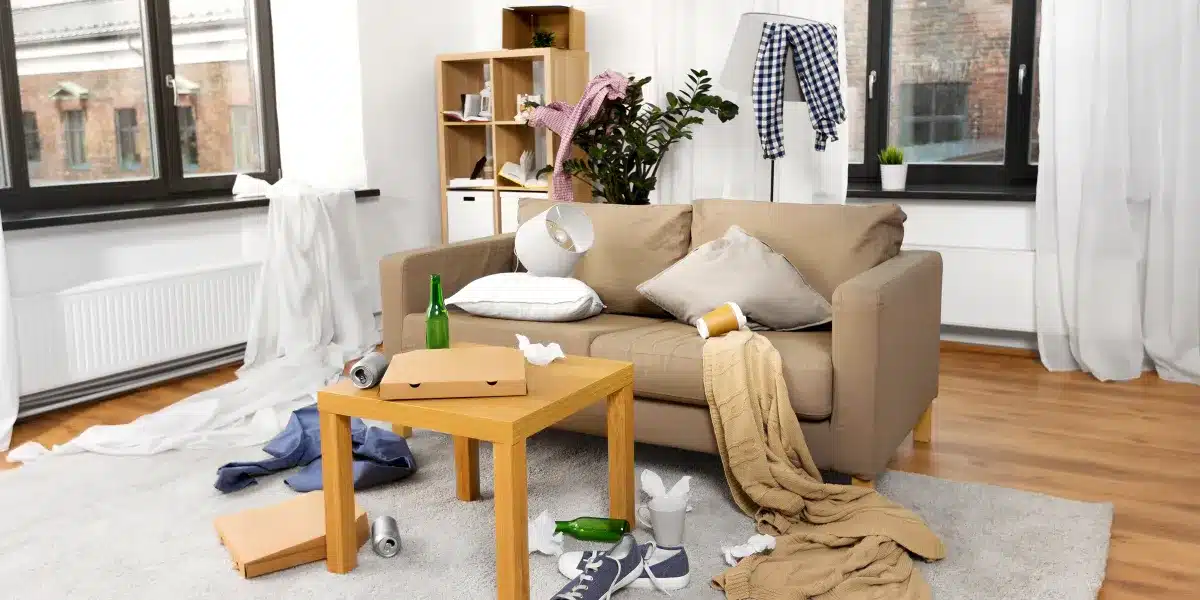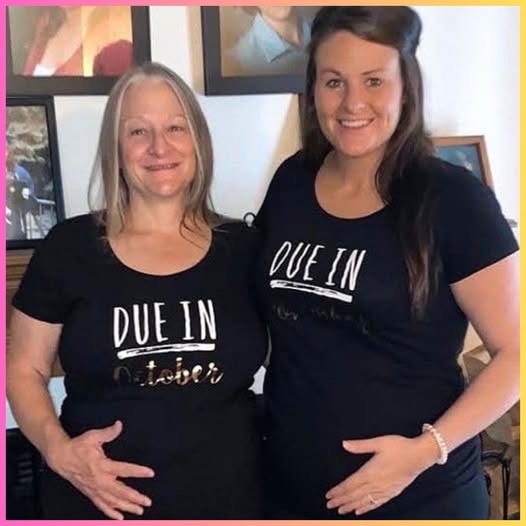For ten years, my husband Tom and I built a peaceful life in our home on Redwood Lane. It was our sanctuary, filled with the simple joys of Sunday morning pancakes and the quiet comfort of crossword puzzles. Our children were grown, and we were enjoying the calm we had worked so hard to create. That peace was disrupted when Tom’s adult daughter, Kayla, needed a place to stay. My heart went out to her, and I wanted to help. I had always tried to bridge the gap between us over the years, sending invitations and birthday cards, though they were often met with a polite but distant shrug. She wasn’t cruel, just detached, as if I were part of the background she had learned to ignore.
When she arrived with her suitcases, I had freshly arranged the guest room, hoping to make her feel welcome. That hope faded quickly. Almost immediately, my home began to transform into a dumping ground. Cereal bowls were left to congeal on tables, makeup wipes were scattered across the bathroom, and empty water bottles migrated under every piece of furniture. I found myself following in her wake, cleaning up the trail of neglect she left behind. I tried gentle reminders, asking if she could please put her recycling in the bin. She would agree but nothing would change. When I brought my concerns to Tom, he urged patience, saying she just needed time to adjust. But the mess only grew, evolving from simple clutter to genuine carelessness, culminating the day I discovered a brown, sticky banana peel shoved between my couch cushions.
The breaking point came on a Sunday. I had spent the entire morning restoring the living room to its former glory, only to walk in moments later and find it destroyed again. Takeout bags, soda rings, and a bright orange dusting of cheese snacks covered my favorite rug. And there was Kayla, feet on my coffee table, looking up to ask if I would make her pancakes. The casual expectation that I would simply clean up her mess and then cook for her was the final straw. In that moment, I realized my compassion had been mistaken for servitude. I decided that if she wanted to treat me like hired help, she would learn that even help has its limits.
My lesson began quietly. I simply stopped. I stopped picking up her dishes, moving her trash, or erasing the evidence of her presence. When she noticed the growing pile and asked if I had forgotten to clean, I calmly replied that they weren’t my things to clean up. Next, I began returning every item I found directly to her bedroom, placing each piece of garbage on her pillow with a note saying I thought she might want it back. The final act was packing her a lunch. Instead of a meal, her bento box was filled with the week’s collection of her own trash. The furious text messages I received confirmed the message had been delivered.
That evening, something shifted. For the first time, she saw the house not as a hotel with a permanent maid, but as a space she was responsible for. The next morning, the living room was clean, the dishwasher was loaded, and her laundry was folded. She stood in the kitchen doorway, hesitant, and told me she had cleaned up. I thanked her. As she left, I told her that if she wanted pancakes later, all she ever had to do was ask politely. That was all I had ever wanted. It wasn’t an instant transformation into a perfect relationship, but it was the start of mutual respect. She now cleans up after herself, says please and thank you, and even helped me plant flowers. We made crepes together last Sunday, and she smiled. Tom asked what magic I used to change her. I told him that sometimes, people need to see the mess they’re making before they decide to clean it up.


